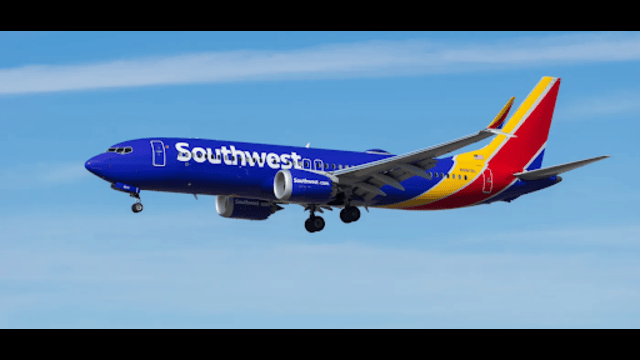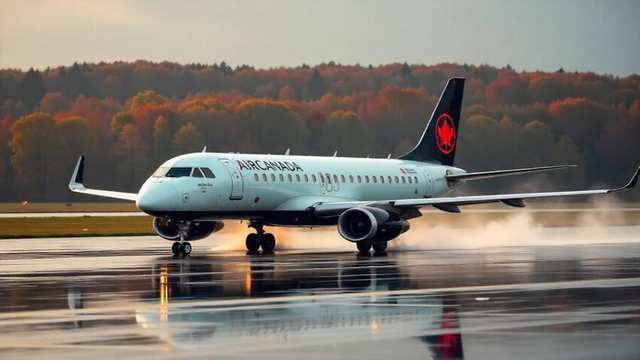
BY Jim Wilson
Canadian employees are showing an increasing willingness to travel for business in 2024, as revealed by a recent survey. Nearly half of business travelers, accounting for 48%, express satisfaction with business travel this year, a notable rise from the 36% reported in 2023.
The survey, conducted by World Travel Protection (WTP), underscores a shift in the frequency and duration of business trips. Approximately 48% of Canadian business travelers indicated that they embarked on more trips in 2023 compared to the previous year. Moreover, many reported longer durations for these trips (40%) and a higher number of meetings per trip (43%).
Frank Harrison, the Regional Security Director for the Americas at WTP, expressed optimism about the growing number of employees who enjoy business travel despite the challenges faced in recent years. He emphasized the importance of personal connections fostered through such travel in driving creativity, innovation, and industry progress.
According to Harrison, the primary motivation behind business travel remains face-to-face meetings with vendors, especially for tasks like contract signing, procurement, and mergers and acquisitions. The value of in-person interactions is perceived as essential by businesses, as remote methods are deemed insufficient for crucial negotiations.
However, amidst the positive sentiment from business travelers, there are indications of budget cuts affecting business travel. The survey, which polled 1,000 adults who travel for business annually in the U.S. and Canada, found that one-third of Canadian business travelers are now more cautious about their travel expenditure. Additionally, 20% reported increased reluctance from their organizations to approve business travel.
Harrison highlighted two main reasons for the budget cuts. Firstly, businesses are aligning with sustainability goals, aiming to reduce their carbon footprint by limiting travel. Secondly, economic recovery efforts post-pandemic have compelled businesses to scrutinize their expenses more closely, including those related to travel.
Safety concerns also loom large among business travelers, with 60% expressing worries about compromised safety due to budget constraints. Harrison emphasized the broader implications of budget cuts, citing examples of cheaper accommodations in high-crime areas or flights arriving late at night, posing logistical and safety challenges for travelers.
Harrison underscored the dynamic nature of global events impacting business travel, citing recent geopolitical tensions and natural disasters as factors necessitating a reevaluation of travel policies and practices.
Looking ahead, Harrison emphasized the need for holistic approaches to managing business travel risks. From an HR perspective, organizations must consider factors such as traveler profiles, destination risks, and travel activity to develop robust travel approval and support programs. Providing adequate education and communication tools to travelers is crucial for empowering them to make informed decisions and seek assistance when needed.
Ultimately, ensuring the safety and well-being of business travelers requires proactive measures from organizations, including effective communication, traveler support mechanisms, and adherence to evolving travel policies in response to global events.















